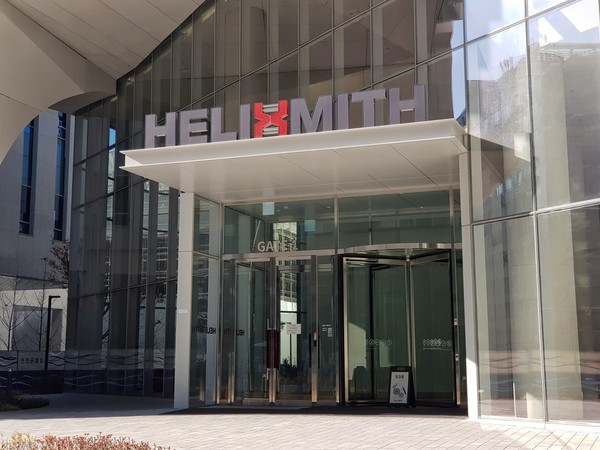Helixmith has made public the topline data of the phase 2a clinical trial of Engensis (VM202), its genetic treatment candidate for amyotrophic lateral sclerosis (ALS).
In a public notice last Friday, Helixmith said it had received the topline data of phase 2a trials of VM202 on patients from its contract research organization (CRO). The trial was conducted on patients of ALS, also known as Lou Gehrig’s disease, in the U.S. and Korea.
Helixmith received approval for a phase 2a investigational new drug (IND) clinical trial from the U.S. Food and Drug Administration in October 2020 and from the Korean Ministry of Food and Drug Safety in June 2021, and conducted the trial in four U.S. institutions and one Korean institute, the company said.

Through these trials, the company evaluated the safety of Engensis intramuscular (IM) injection in 18 patients – 11 Americans and seven Koreans.
However, the company added that the phase 2a clinical trials were aimed at observing safety and, therefore, were not designed to derive the p-value.
According to the public notice, researchers found treatment-emergent adverse events (TEAE) in 83.3 percent of the subjects. They confirmed bronchial trouble in one participant in the Engensis-administered group, reporting it as a treatment-emergent serious adverse event (TESAE).
“However, it did not affect the progress of the subject’s clinical trial,” Helixmith explained.
Besides, injection site reactions occurred in 50 percent of the test group and 66.7 percent of the placebo group. However, no participants stopped the clinical trial because of the injection process, the company added.
“To make our safety assessment statistically more significant, we need to conduct follow-up studies of more projects,” it said. “We will examine these results more carefully when writing a final report and determine future development directions.”
Helixmith is also carrying out phase 2b clinical trials of Engensis in the U.S. and Korea to confirm its long-term safety.
Related articles
- Helixmith discloses IDMC advice on Engensis phase 3-2 clinical trials
- Helixmith hit by delay in US data monitoring committee's recommendation for Engensis – again
- Helixmith CEO downplays data monitoring committee's request for additional info on Engensis P3 study
- Helixmith, Cartexell, GI Cell to jointly research cell gene therapy
- Helixmith patents new neuropathic pain therapy in Russia
- Lou Gehrig's drug by GNT Pharma gets orphan drug designation in Korea, Europe

